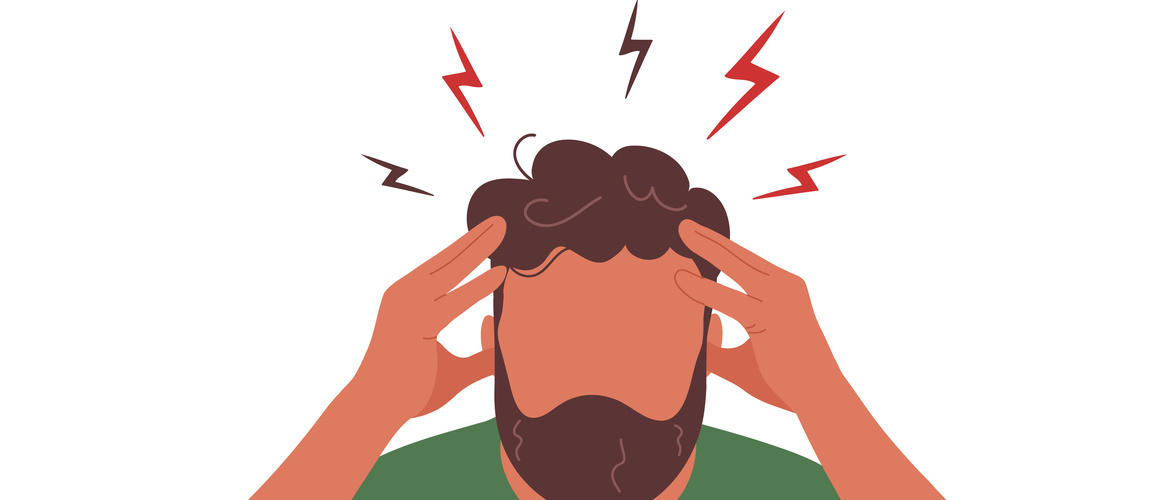
Välj en kanal
Kolla in de olika Progress in Mind-kanalerna.

Progress in Mind

Migraine is an important cause of disability worldwide, but what priority does it have in neurology residency training programs? And do residents and research fellows acquire the skills they need to provide the best possible management for patients with headache? David Garciá Azorin, University of Valladolid, Spain, presented the results of a survey that answers these questions on behalf of the Residents and Research Fellow Section of the EAN National Representative at EAN 2020.
Migraine is the second most common neurological disorder (prevalence 13,847/100,000 in 20161) after tension-type headache1 and the second most common cause of all diseases of years lived with disability after low back pain.2
Education in headache disorders is often not obligatory in residency training
Are these high prevalences of migraine and migraine-related disability reflected in education in headache disorders in neurology residency training programs across Europe? Substantial variation has been shown in the choice of obligatory rotations.3
Neurology residency training survey on headache education
Dr Garciá Azorin and his colleagues sent an email invitation with two reminders to all their European colleagues asking for participation in an online survey on headache education. Responses were provided by colleagues in 24 countries who reported:
Residents do not feel fully confident in the management and treatment of patients with headache
Participants were also asked about the skills and confidence they acquired during residency:
Despite the high prevalence of headache disorders, education in headache is not an obligatory heart of residents’ curriculum in many European countries, said Dr Garciá Azorin, and residents do not feel fully confident in management and treatment headache patients.
Our correspondent’s highlights from the symposium are meant as a fair representation of the scientific content presented. The views and opinions expressed on this page do not necessarily reflect those of Lundbeck.